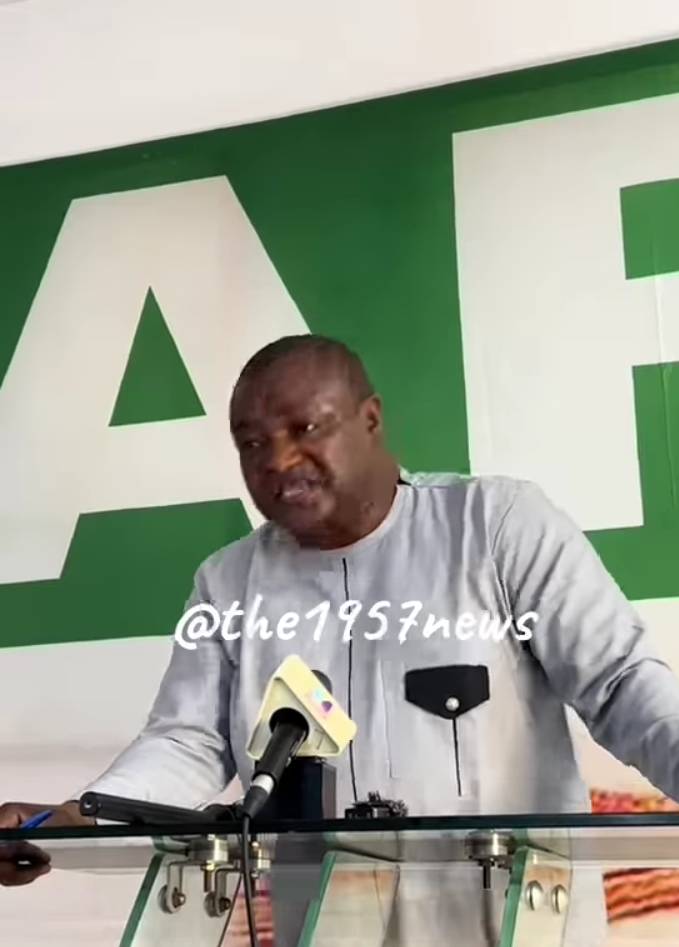The Unbearable Reality in Bawku: A Call for Leadership and Accountability
Bawku, a once-vibrant and peaceful town, has been trapped in a state of turmoil for years. The persistent conflict has left residents in despair, living under stringent curfews, a ban on motorbikes, and prohibitions on traditional smock-wearing. Despite the sacrifices of the local population, the situation remains unresolved, with fingers pointing at the highest echelons of leadership in Ghana—the Commander-in-Chief of the Ghana Armed Forces, Nana Addo Dankwa Akufo-Addo, and Dr. Mahamudu Bawumia, perceived by some as wielding significant influence over the Ghana Police Service.
The people of Bawku feel abandoned. The endless curfews and restrictions imposed in the name of security have not brought peace but rather stifled daily life, killing businesses, education, and cultural expression. Despite the visible presence of soldiers, who themselves grow frustrated by their inability to act decisively, the violence continues. Innocent lives are lost almost daily, and the question that echoes through the streets is simple: What wrong have the people of Bawku done to deserve such treatment from the government?
The Painful Silence from Leadership
It is hard to ignore the growing perception that the NPP government, under Nana Addo Dankwa Akufo-Addo, has chosen comfort in inaction. A shocking revelation from a trusted source close to the Interior Minister painted a bleak picture of leadership inertia. Why has the government not prioritized peace in Bawku? Is this prolonged unrest a deliberate neglect of the Kusaug people? These questions weigh heavily on the minds of the citizens, leaving them sleepless and heartbroken.
The soldiers stationed in Bawku are caught in a web of orders that seem to prioritize politics over the lives of ordinary Ghanaians. Many soldiers witness crimes at their doorsteps yet remain powerless to act due to directives from above. Such "stupid orders," as described by many, undermine the professionalism of the military and worsen the plight of Bawku's people.
Political Implications
Globally, leaders who support war and fail to address conflict are often punished at the polls. Joe Biden of the United States has faced significant criticism for his foreign policies perceived as supportive of war, leading to diminishing trust in his leadership. Similarly, the NPP risks the same fate. The Ghanaian electorate has shown in past elections that they reject leadership that perpetuates corruption, insecurity, and unrest.
A Plea for Action
As Ghana heads toward the 2024 elections, the people of Bawku demand action. Former President John Mahama, if given a second chance, must make resolving the Bawku conflict his utmost priority. Failure to do so will not only stain his legacy but further erode the trust of the Kusaug people in national leadership.
Dr. Hassan Ayariga, leader of the APC, also has a role to play. The conflict in Bawku has affected all spheres of life, including votes that could have gone to his party. His personal connection with President Nana Addo should be a channel for advocacy. Ayariga must urge his friend to prioritize peace and implement effective strategies to restore normalcy to Bawku.
The Way Forward
The people of Bawku deserve better. The curfews, bans, and empty promises have done little to bring peace. What is needed is genuine dialogue among stakeholders, backed by a firm commitment from national leadership to restore law and order. If the government continues to neglect this responsibility, it will not only fail Bawku but also cement its legacy as one that allowed innocent lives to be lost under its watch.
The clock is ticking, and history will judge the choices made today. Leaders, from Nana Addo Dankwa Akufo-Addo to John Mahama, must remember that their legacies are tied to the lives they save, not the conflicts they ignore.




No comments yet
Be the first to share your thoughts!